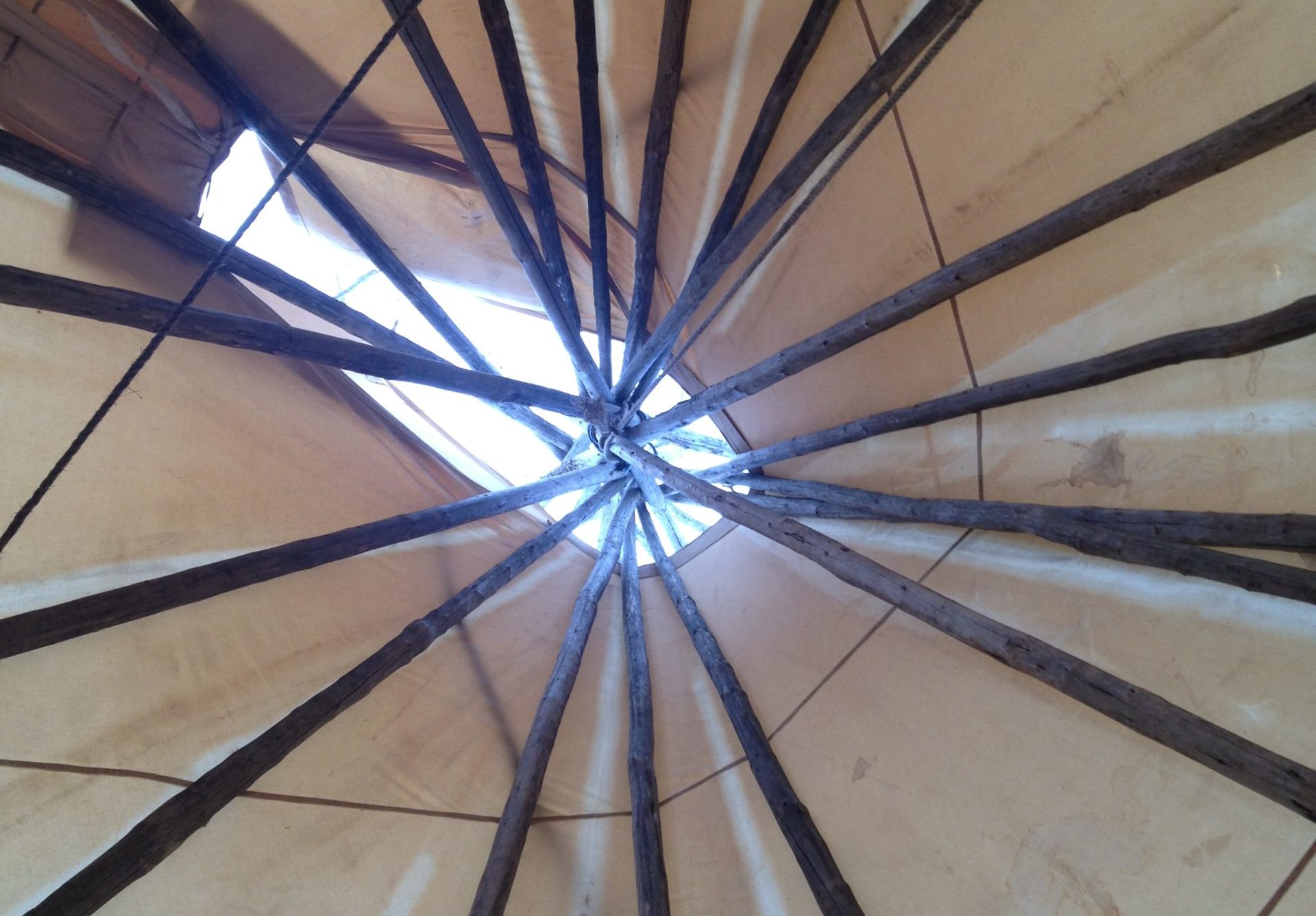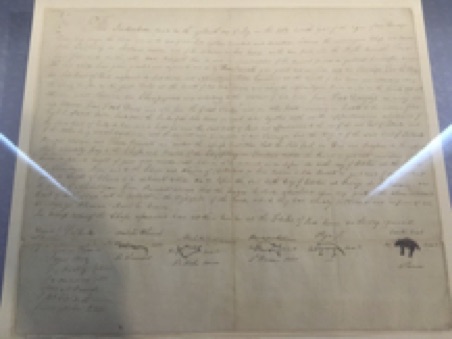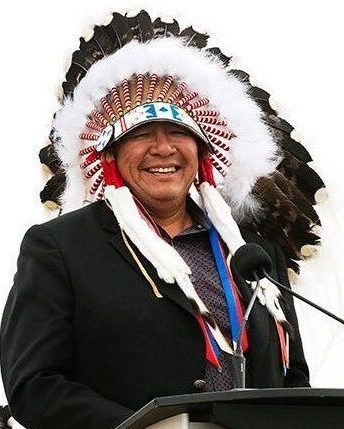
We white western colonizer folk have, for centuries, used any number of gizmos to keep time and manage our lives. Greenwich Time synchronizes the globe. It was the clock that broke open the code on longitude which allowed us to never be lost at sea again. Pre GPS of course. Prior to smart phones, to keep track of ourselves and each other, we used watches and clocks and calendars and we counted. If there is one thing I do not miss about practicing law is measuring my day by .1 of an hour, 6 minute segments, 30 minutes equals .5 hours, and so on. The goal for the year was 2000 billable hours, no less. By the time I left the practice, boiling an egg was a .1 moment.
Our online calendars are on a 15 minute grid, corporations forecast and report on the quarter, and election cycles run from 3 to 5 years. We celebrate birthdays annually, extra attention paid to the “nickels and dimes”. Our weather app tells us precisely when the sun will rise and set, and another predicts the phases of the moon. The moon….
How did humans keep time prior to “the clock”? Maybe it was like being on a holiday or where there is no Wi-Fi. Up and down with the sun. And if the holiday is long enough, you might actually begin to measure time by the season. What if nature was our clock, our calendar and we had a longer view of time?
It was July, the moon when chokecherries fall off the branch, at sunrise. I was the first out of the teepee, or so I thought, at the annual Kainai Sundance on the Blood Reserve. A voice called out “You making coffee over there?” It was an Elder walking about. Honoured, I poured him a cup and we sat on lawn chairs, speaking quietly, two strangers bonded by circumstance. As I looked to the rolling hills, waving my hand across the horizon, I mused aloud: “How long have your people been gathering here for the Sundance?” “About 6,000 years”, he replied. “The last 300 haven’t been so good but we’re going to be okay.”
I was born in the Moon when Raven freezes on the branch. In Canada, that would be January. If you are a Taurus, then it is the Moon of the red grasses appearing; September is the yellow leaves moon; April the Moon when Ptarmigan lays her eggs. So if you agreed to meet at Mokinskis (where the Elbow river meets the Bow) when Ptarmigan lays her eggs – that was understood by everyone in the territory. There is a ten day period when Ptarmigan lays her eggs and so the next spring, whomever got there first would set up camp and wait. No hurry. No tapping of fingers. No huffing and puffing. A calm knowing that the other humans would eventually show up.
So how did First Nations people keep track of what we call “age”? The exact time and day of a birth would have had little relevance as it would not have been recorded the way we can and do. How many turns around the sun? How many “frozen ravens”? Close. An elder shared with me that in his part of the world “age” was tracked by the number of winters survived. Whether born in the bud moon or the moon of the drying grasses, the “clock” started when a winter was survived. “months” were “moons” and each had a name and ran 28 days. My next question, did they count those winters in tens? Another rabbit hole to explore.
I became acutely aware of our misunderstanding of “Indian Time” on the occasion of a funeral on the rez. A Chief had passed. Many dignitaries from the City were invited. It was scheduled to start at 11:00 am. The Mayor, Councillors, a number of other important people arrived at Bullhead Hall, glad-handed a bit and took their seats. A half our passed and then another. The sense of being disrespected silently but visibly became palpable. After three hours, most of them left, not doing a good job of hiding their indignation. They had things to do.
Those of us who have spent some time on the rez, with families and friends, sat quietly, visited with the people we knew, caught up on the news, expressed our condolences. The family who lost their loved one was gathering, somewhere, and would eventually arrive and the ceremony would unfold.
On Indian time. When the time is right.
Woosa
Or In the Future…
Dina tu wunasdina guts’i niihits’i nadałi at’a.
Gimiyisdla ii dikiizh.Tł’adina tu
wunasdina guts’i nadałi at’a.
Gimiyisdla dik’iizh.
Sinajunagha tłanistsiyik’i kida nagilo? i at’a
The Tsuut’ina are a nation of just over 2200 who live in the Treaty 7 territory, west of Calgary and east of the Rocky Mountains. Treaty 7 was signed on September 22, 1877 by five First Nations of Southern Alberta: the Siksika (Blackfoot), Kainai (Blood), Piikani (Peigan), Stoney-Nakoda, and Tsuut’ina (Sarcee). This badly drafted but binding agreement as between the Crown and the Chiefs was never “signed” as the First peoples were an oral culture. They had come with their songs and their pipe, a time-honoured way to “make treaty” as between nations. A century earlier, the Selkirk Treaty was concluded in Winnipeg, Manitoba and by each Chief’s signature is drawn the image of the animal of the Chief’s clan with the English words “His Mask”. Beaver. Otter. Weasel. Bear. Catfish.

It is believed the fall Equinox was the “day” chosen by the Treaty 7 Chiefs, whose calendar was dictated by the cycles of the sun and moon, not the political agenda of the Dominion of Canada. It was the drying grass moon, the Moon when the Deer paw the Earth. This is the most important agreement entered into by Southern Albertans yet so little of it is known or understood.
Many have asked of the tribes “Why didn’t you fight back?” It was a combination of sickness caused by the introduction of Small Pox, decimation of the buffalo, trade in alcohol. Thousands of people died. Teepees empty. Whole families wiped out. They would give up their land, and sign onto life on the reserve on the promise that the Queen Mother would look after them.
The Tsuut’ina would say they saw it coming. An Elder shared this prophecy which had been passed on through generations, hundreds if not thousands of years.
People are coming from across the ocean
And these people have no colour to their skin
These people are going to put us in corrals
They’re going to be flying
They’re going to wrap Mother Earth in iron
They’re going to turn Mother Earth inside out
They will feed us white dust.
It may be worth sharing that on the northern most tip of the continent, the Kalaallit-Eskimos had their own prophecy. It may be worth heeding.
“The Ancient Ones say, that one day, when the world needs it the most, the Sacred Fire will come home to the people at the Top of the World. It is the time when the trees will stand up again. We will, once again, be able to ignite a fire with wood from Mother Earth and relieve animals, like the seal, of their duties. The Ancient Ones say that the way in which we know the calendar will come to an end. What does this mean? Today we know spring, summer, fall and winter. These seasons will be no more. And when you ask what will be, they say, ‘No one knows’. The Ancient Ones say many will die, many more will hardly survive, only few will have a life. Only by melting the ice in the heart of man, will man have the chance to change and use his knowledge wisely.”

SMUDGING ALL THE TIME
A story by Chief Lee Crowchild
“His nephew said we are still slaves to the master.”
“What do you mean?”
“I have done all that has been asked of me in trying to follow this Red Road but it is hard to keep the focus.”
“I pray all the time… Praying for better times… praying for the people,…. praying for justice to be served but it feels helpless and the prayers seem hopeless”. [Read more…]
“I try to smudge to put me in a better frame of mind but the thoughts are still the same when I walk out the world to take on the day.”
“I have listened to your words and advice carefully but I just want to give in and start to hate the world all over again. Those White People have done us wrong and they continue to take from us all of what we have left…
What more is there?”
Wakinyan sat and thought in silence for a long time as his nephews sat around the fire they had built to watch the day surrender itself to the evening. All that could be heard were the frogs singing their songs in the distance and the dogs barking every once in a while at some thing they saw in the distance that only their ears can hear.
The fire crackled and one nephew threw another log into the fire. They sat and stared at the fire and gently smoked their cigarettes.
The night was clear and the stars led the way to the Milky Way and the Star Blanket Woman who waited there for the next person to pass as she continued to make her quilt of stars and cook her stew over her fire.
“One day I will go see her” Wakinyan finally said.
“Who?” asked another nephew.
“Star Blanket Woman” Wakinyan replied.
She will ask me if I made relatives while I was on this good earth. Did I treat everyone as human beings and give them the respect they deserved. I will have to answer her truthfully and say that I tried my best. That it was very hard for me to find forgiveness of the Whiteman for what they did to my ancestors and continue to do to my not yet born relatives.
That will be hard to say that I did. All I can say is I did my best.
“How can you say that uncle?” Look at how they treat us and look at how they treat their own. They have no respect for anything. They kill each other over different ideas and the like to mock the people they defeat.
“The Whiteman slept with our women and created some us that hold the enemy’s blood in our veins. What am I supposed to do? I don’t feel like I belong on the land because I get ridiculed by my cousins for having White blood in me. I can’t help that. It is what I am” said the first nephew.
“I thought practicing tradition will make me feel better but I only feel farther away from where I think I should be.”
“I had a brother who served with me when I was in the Navy. He was Ojibway and had a white father as well. It made him angry and he tried to hide who he was by trying to fit in with the other sailors. He always visited me when it got to be too much. I would sing him a kinship song and we would sit out in the deck and smoke a few cigarettes.”
“I invited him to come and stay with me when he finished his service. After he got out of the Navy he drank for a couple of years trying to forget what he went through and the ugliness he saw. He was really wounded. He did show up one day though. He was crying through his eyes even though he never showed it. Kunshi saw it right away and cooked him up a good meal and made him a bed and he slept for 4 days only to get up to eat and shower and go back to sleep. He was very tired.”
“We both fasted together up in the hills and together we tried to find the peace we were seeking so we could make it into the world. He became my brother and we cried together for the things we lost. We washed away our feelings of hate together. Hate for the unseen enemy we killed. Hate for the other sailors who would mock us, calling us Chief or drunken Indians or scalp hunters. Those words were always hard to hear but they had to be dealt with in a good medicine way.”
“Isaugha and Kunshi had ceremony for us for a good 2 years. They had to bring back our humanity”
Slowly he came back to the world and we helped each other. He learned to love his father for what he was. His father. Even though his dad passed away he found the place to love him again. He stopped being mad at his mother for marrying a Whiteman and realized that she really did love her husband for who he was.
One day we were working outside the house. It was early fall and he was in deep thought for a few days before. He stopped brushing down his horse and turned to me.
“Brother,… I want to tell you something”. We have been through a lot for the past few years from when we served in the navy. I really didn’t like you because you had darker skin than I did but I saw how you were treated by other sailors. I even laughed at you at the same time to try and fit in with them but I always felt guilty about it. I would come to you and try to apologize but couldn’t find the words. Every time you just smiled at me and we smoked cigarettes”.
“When we launched those missiles at the enemy I realized then that you were doing the job as best as you can and when you sang death songs for the enemy I knew then that I had a long ways to go to get back to where I think I was supposed to be”.
“I think I have found it now. The forgiveness… I mean…. I am asking you if you will forgive me for not telling you these things a long time ago.”
I just looked at him surprised by what he told me but we were brothers for such a long time that I said it was alright all along. I never thought of him of being anything less than my brother. Still I knew it was important for him.
“I am going to head home now. Back to the east to see my family and work with the young men there. They are going to need me to help them just like your nephews will need you to help them soon. I have my bag already packed and am going to head out in the morning. I will come back in a few years to see you again and we will continue our journey again.”
The next morning he hugged Isaugha and Kunshi. Kunshi had packed him some food and hugged him for a long time. She was losing her son but she knew he had to go and fight the enemy. She cried very hard because she knew she would not see him again. Her time was getting short.
Isaugha gave him a final blessing and said from this day on you will be known as “Standing Soldier”. He too knew this would be the last time he would see him.
I hugged him and said don’t be gone too long. He smiled with tears and did up his navy Peacoat up tight and started walking east into the foggy morning. I sang my friend his gone song but it was hard to sing because the lump was high in my throat.
“So my nephew I tell you this because you are wounded by life. You want to change things but the woulds sit like daggers in your heart. You can’t change anything that is happening in the world. People will continue to hate each other and kill to justify it.
“Human rights and Civil rights don’t go far enough and that is where the White world is stuck.”
“You just have to change the things around your world that you can change. All of these challenges and hardships you have are just preparing you for the change you have always wanted”
“Don’t lose faith in what you think is helpless and hopeless.”
“Hoping in quiet desperation is the way that the Whiteman taught us. You have to live with hope with faith in what you believe is treating people as human beings”.
“That is really hard”
Wakinyan then just sat quietly and watched the fire as did everyone else. He put another log on the fire and sang a heart calling song. He thinks his brother will be back soon.
(Find more stories by Chief Lee Crowchild at his website HERE.)